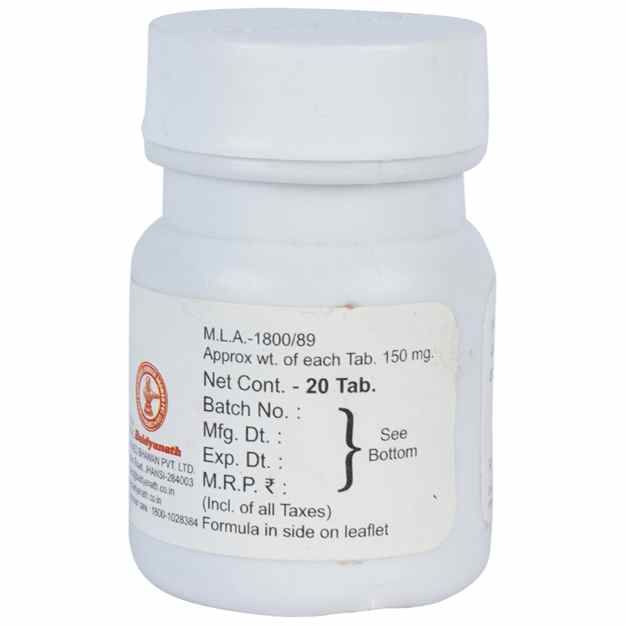Nipar, a prescription drug, is manufactured in various forms such as Tablet, Suspension. Other than this, Nipar has some other therapeutic uses, which have been discussed ahead.
Medical history of the patient along with age and gender determines the dosage of Nipar. Besides the medical condition it is advised for, the route of administration also plays an important role in determining the correct drug dosage. For detailed information on this, read through the dosage section.
The most common side effects of Nipar are Heartburn, Dizziness, Nausea or vomiting. Besides the aforementioned side effects, there are other adverse effects of Nipar as well, which are listed below. Normally, these side effects of Nipar are not long lasting and go away when the treatment is finished. Please speak with your doctor if these side effects worsen or persist for a longer duration.
Furthermore, you should know that effect of Nipar is Moderate for pregnant women and Moderate for women who are breastfeeding. Further, the section on Nipar related warnings talks about Nipar's effects on the liver, heart and kidney.
Nipar can cause adverse effects in certain medical conditions. It is strongly recommended to avoid Nipar in conditions like Liver Disease.
Drug reaction of Nipar with other medicines has been reported. See below for a complete list.
Along with the above-mentioned precautions, remember that taking Nipar is considered not safe while driving, and is not addictive.
X





















